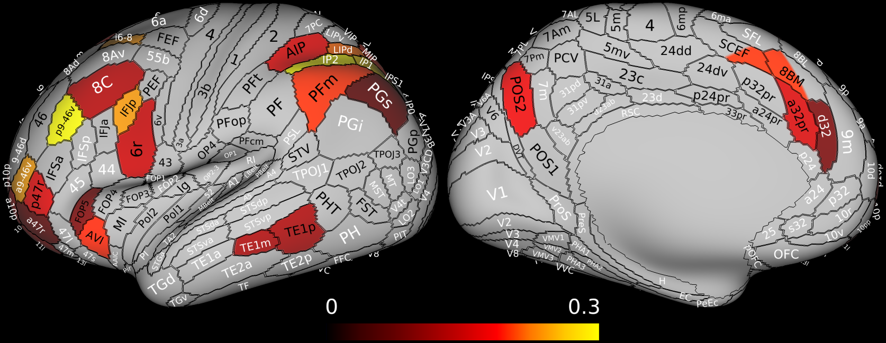Abstract
All human cognition is controlled in a series of attentional episodes, breaking complex problems into simpler, more solvable sub-problems. In human fMRI studies, a common or multiple-demand (MD) pattern of frontal and parietal activity is associated with diverse cognitive demands, and with standard tests of fluid intelligence. Based on behavioural, neuropsychological, fMRI and single unit data, I suggest that the core function of MD cortex is to control complex, intelligent cognition in a structured sequence of attentional episodes.

Biography:
Educated at the University of Oxford (1970-1976), John Duncan spent two years at the University of Oregon working with Professor Michael Posner before taking up a research position with the Medical Research Council. He now holds positions as Programme Leader at the MRC Cognition and Brain Sciences Unit in Cambridge, and Professorial Research Fellow in the Department of Experimental Psychology, University of Oxford. Integrating across cognitive theory, neuropsychology, neuroimaging, and single cell physiology in the behaving monkey, his research addresses problems of attention, intelligence and cognitive control. For 20 years, he has managed a large patient resource for lesion-function mapping in the Cambridge community, addressing problems of recruitment, lesion definition, brain normalization and brain-behaviour correlation. He is a Fellow of the Royal Society and the British Academy, and winner of the 2012 Heineken Prize in cognitive science.
